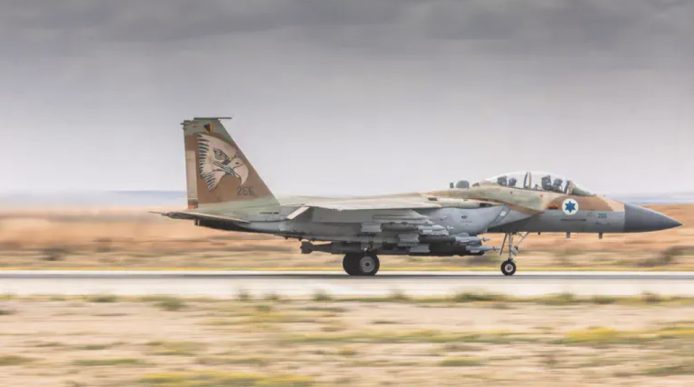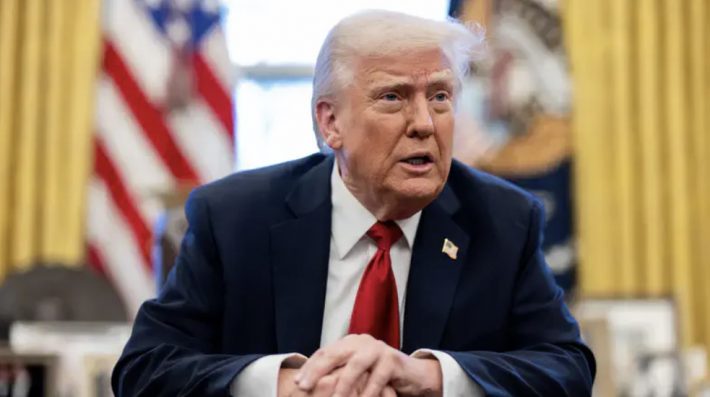Trump administration reviews Saudi request for 48 F-35 jets, igniting debate over Israel’s security edge and regional power balance.
In a development that could redefine the military map of the Middle East, the Trump administration is reviewing a Saudi request to purchase up to 48 F-35 stealth fighters, sources told Reuters Tuesday. The multi-billion-dollar proposal — now under internal Pentagon review — comes just days before Crown Prince Mohammed bin Salman’s expected visit to Washington.
If approved, the sale would mark a historic policy reversal, potentially making Saudi Arabia the second Arab nation after the UAE to receive the U.S.-built fifth-generation fighter, and raising urgent questions about Israel’s Qualitative Military Edge (QME) — the decades-old U.S. commitment to ensure that Israel retains superior defense capabilities over all regional adversaries.
Two senior U.S. officials confirmed the deal has passed key clearance stages inside the Defense Department, though no final decision has yet been made. The proposal now awaits Cabinet-level review, presidential sign-off, and formal congressional notification.
One official said the Pentagon’s policy division had been evaluating the Saudi appeal for months:
“The file has moved to the secretary’s desk — it’s serious, but politically sensitive,” the source said.
The White House, Pentagon, and State Department declined to comment, while Lockheed Martin, the aircraft’s manufacturer, reiterated that all F-35 transfers are conducted “government-to-government” and referred inquiries to U.S. authorities.
Strategic Shockwave for Israel
For Israel and its defense establishment, the potential sale is no routine transaction. The F-35 — the world’s most advanced multirole stealth fighter — gives Israel unmatched air dominance and deep-strike precision. Any parallel supply to Saudi Arabia could erode Israel’s deterrence and intelligence superiority that the U.S. has long guaranteed.
Analysts in Jerusalem warn that even if the Saudi variant is downgraded, the precedent alone could unravel decades of bipartisan consensus in Washington that Israel must remain the region’s most technologically advanced power.
“Israel’s QME isn’t a diplomatic courtesy — it’s a survival doctrine,” said one Israeli defense expert. “Once F-35s go to Riyadh, the floodgates could open across the Arab world.”
Balancing Iran, Courting Riyadh
Riyadh’s renewed push fits its goal to modernize its air force and counter Iran’s growing regional aggression — ambitions that align with Trump’s broader Middle East strategy of building an anti-Tehran bloc. The kingdom has spent hundreds of billions on U.S. weaponry, yet has long coveted the stealth fighter to complete its modernization drive.
Still, the move faces stiff resistance in Congress, where bipartisan critics remain wary of deeper military cooperation with Saudi Arabia — particularly after the 2018 murder of journalist Jamal Khashoggi and Riyadh’s human-rights record.
Lawmakers sympathetic to Israel are expected to demand ironclad guarantees that Jerusalem’s QME will not be compromised. Some have already warned that the U.S.–Israel security partnership must remain “untouchable.”
While the Pentagon weighs the proposal, insiders suggest that President Trump’s final call could hinge on Israel’s reaction and on the Crown Prince’s conduct during his upcoming visit.
If the sale proceeds, it will not only test America’s arms-control laws — it will test Washington’s promise to Israel itself.





